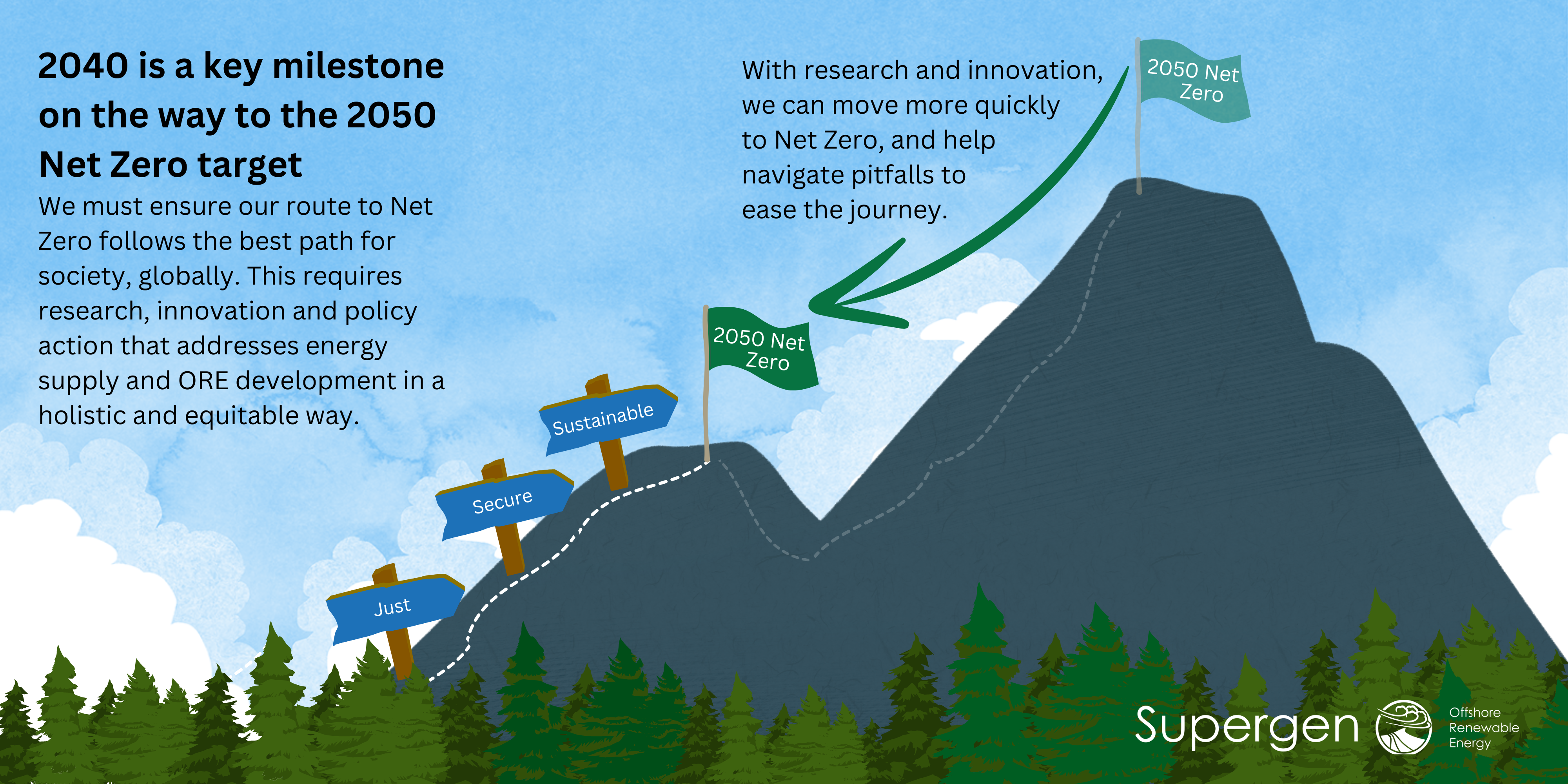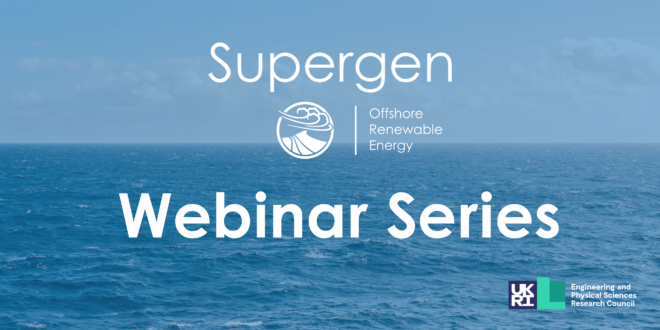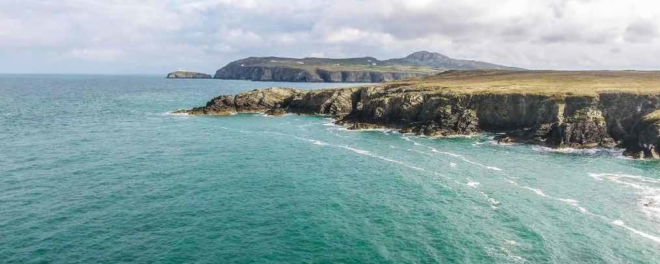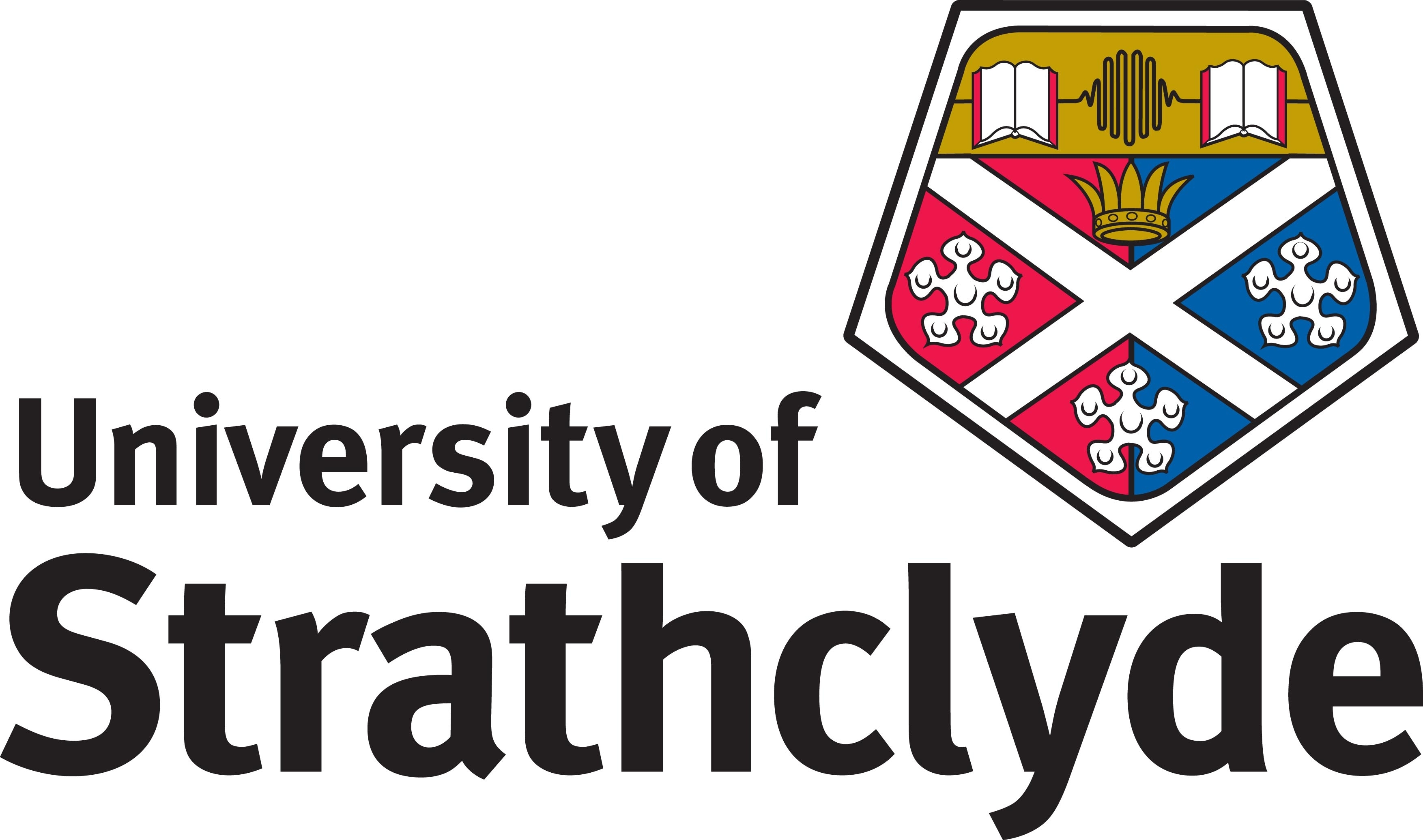Report coming Summer 2024 - UK Offshore Renewable Energy in 2040: A Sustainable and Competitive ORE Sector, and a Pathway to Net Zero by 2050
The purpose of our Offshore Renewable Energy (ORE) Outlook 2040 report is to outline our progress and pathway towards 2040 as a key milestone on the way to 2050’s Net Zero target.
The UK has made leading contributions to climate change mitigation. In the past two decades we have halved our emissions and have pioneered the development and deployment of ORE. However, transitioning away from fossil fuels means changing our entire energy system and the way we use it. This is a complex system challenge that requires coordination of policy, finance, innovation, planning and social acceptance.
This challenge to achieving Net Zero can be represented as scaling an uncharted mountain. With business as usual it is too steep a mountain to climb, as there are insufficient resources, infrastructure, supply chain and workforce. Timescales for project development are currently too long, but if the UK’s ORE growth can be accelerated, emissions can be reduced even more dramatically.
It is imperative to do things differently, to make a step change in our approach and accelerate the growth of the ORE sector, enabling it to play its role as the backbone of our future energy system.
Research and innovation accelerates the sector by de-risking new technologies and reducing cost, signposting pathways through new knowledge and evidence, and building a skilled workforce. With research and innovation, we can move more quickly towards Net Zero, navigate pitfalls to ease the journey, and flatten the mountain.

There are many routes to net zero and ORE growth. The energy transition is changing modern life in ways that affect social justice and security, as well as environmental and economic sustainability. We must ensure our route to Net Zero follows the best path for society, globally. This requires research, innovation and policy action that address energy supply and ORE development in a holistic and equitable way.
Looking ahead, 2040 is a useful focus: it is sooner than 2050, so more relevant to current actions and stakeholders, but it is far enough ahead to allow research and innovation to have transformational impact on ORE technology and operations.
The ORE Outlook 2040 illustrates that ORE growth must accelerate urgently to mitigate the climate crisis and reap the economic and social benefits of the energy transition. Sustained research and innovation is needed to unlock transformation across the ORE sector and its stakeholders.
Offshore renewable energy growth must accelerate urgently to mitigate the climate crisis and reap the economic and social benefits. Our ORE Outlook 2040 outlines why we must reduce the scale of this task through research and innovation, using a whole system approach involving all stakeholders, to signpost a successful pathway to Net Zero.
Professor David White (Supergen ORE Hub Co-Director from the University of Southampton) introduced the ORE Outlook 2040 concept at the April 2024 Supergen ORE Hub Assembly in Plymouth. View the presentation slides as a PDF.
The ORE Outlook 2040 full report will be released during Summer 2024.
About the Supergen ORE Hub
The ORE Outlook 2040 has been developed by the Supergen Offshore Renewable Energy (ORE) Hub as the trusted voice of the wider UK offshore renewable energy community. The Supergen ORE Hub is a £16.5 Million Engineering and Physical Sciences Research Council (EPSRC) programme, 2018 – 2027, which brings together academia, industry, policy makers and the general public to support and accelerate the development of offshore wind, wave and tidal technology for the benefit of society.
The Hub is led by the University of Plymouth and includes Co-Directors from the Universities of Aberdeen, Edinburgh, Exeter, Hull, Manchester, Oxford, Southampton, Strathclyde, and Warwick. The Supergen ORE Hub is one of three Supergen Hubs and two Supergen Networks+ created by the EPSRC to deliver strategic and coordinated research on Sustainable Power Generation and supply.











